Transitioning to Independence
Congratulations! You are an adult now. This means that you’ll have to handle all the medical history, details, and care that your parents originally took care of. With good medical care and planning, a healthy, long, normal, and productive life with CCHS is possible.
Many issues need to be addressed as a young person with CCHS begins the transition to adulthood. Please consider the items below.
Suggestion: Before a move to independence work with your family and physician to organize all this information.
Suggestion: Before a move to independence work with your family and physician to organize all this information.
Suggestion: Identify 3-5 family or friends that will be part of your support network as you live independently.
Suggestion: Plan how you will get around–to work, to events, to home–before transitioning to independence.
Suggestion: Speak realistically and honestly with your medical team about drugs, alcohol, and safe-sex.
Suggestion: Before independence plan out all these issues.
The above information was extracted from presentation by Sheila Kun, RN, BSN, BA, MS, Nurse Care Manager, Division of Pediatric Pulmonology, Children’s Hospital Los Angeles entitled Surviving the Night: Independent Living for CCHS Young Adults.

Subscribe to the CCHS Network Newsletter for Updates
© ALL RIGHTS RESERVED. CCHS Network.
WEB DESIGN MADE WITH 